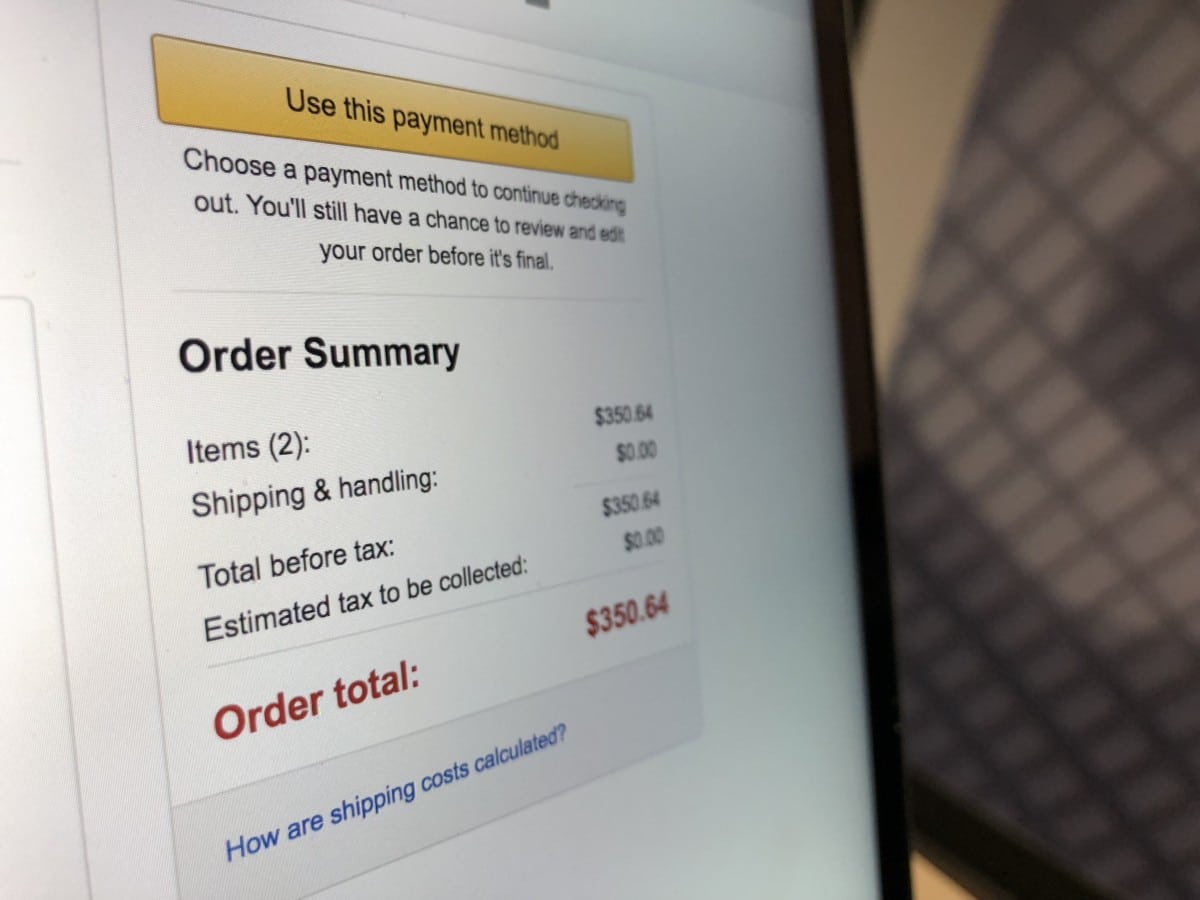Cities and towns across the state are asking state legislators to treat the new internet sales tax just like they do the traditional sales tax. Members of the Mississippi Municipal League want to divert at least 18.5% of it back to the cities.
Kathy Waterbury, Associate Commissioner with the Department of Revenue said currently the money will go into the general fund, but said that if the tax is to be remitted to the cities it needs to be done by the state and not the companies.
“Our advice would be to maintain a simple formula for diverting that money,” Waterbury said. “One of the things in the lawsuit that people haven’t talked about a whole lot is the complexity of complying with the law for these out of state, remote vendors… For these remote sellers to keep up with the sales going to all of these different cities and to report it that way is a tremendous accounting burden on them.”
Waterbury added that during the Supreme Court hearing it was mentioned that there could be potential lawsuits down the road if it is made too cumbersome for the companies to comply with the law.
At a recent Board meeting, the City of Ridgeland passed a resolution urging the State Legislature to “Balance the Scales with Internet Sales” by diverting a portion of internet sales tax to municipalities.
By doing this, the City of Ridgeland joined the Mississippi Municipal League and its 292 member municipalities across the state in an effort to support the inclusion of this diversion in any legislation for infrastructure funding that might be considered during a special session.
The resolution states that cities, towns, and villages in Mississippi are responsible for over 23,000 street miles, including the approximately 180 miles of streets here in Ridgeland that must be maintained. It also states that municipal governments in the state provide water and sewer services to over 50% of the citizens in Mississippi. Being able to provide quality public infrastructure in the State’s municipalities is critical to the economic vitality of cities and towns and a necessary component of providing a better quality of life for the citizens of Mississippi at large.
French Camp’s Mayor Glen Barlow is currently serving as the President of the Mississippi Municipal League and said they are in line with Speaker Gunn’s idea of taking a portion of the internet sales tax to help with local infrastructure needs and improvements.
“The idea of taking a portion of that Use and Internet Sales Tax collected by the state and making sure that every municipality, based on our overall percentage of tax sales collected from the municipality, we feel like this method would ensure that even the smallest towns, such as French Camp, would get funds to help with our infrastructure improvement,” said Mayor Barlow.
Barlow added that they would like to at the very least, receive the same amount that they already receive for the general sales taxes.
“If it is stated that it [Internet Sales Tax] must be used for infrastructure, those are some of the things that we could work on and some of the smaller towns and cities do not have that opportunity because we just don’t have the funds to do it,” Barlow said.
Ridgeland’s Mayor Gene McGee said the Legislature should set aside a portion of all Use Tax to be diverted to cities on a per capita basis to be used for water, sewer, and street infrastructure.
“This revenue needs to be shared with cities and towns,” said Mayor McGee. “We are the economic engines of this state. If we can improve our infrastructure the state only stands to gain. The climate for economic development and job creation will be improved and retail should grow, increasing overall sales tax collections for the state.”




